Babies who are large for gestational length, and have fetal macrosomnia, have a higher risk of being injured during a vaginal birth especially due to shoulder dystocia. That is, if they manage to come out that way at all! So does a large for dates baby mean a cesarean, especially if mom is overweight, diabetic, or both?
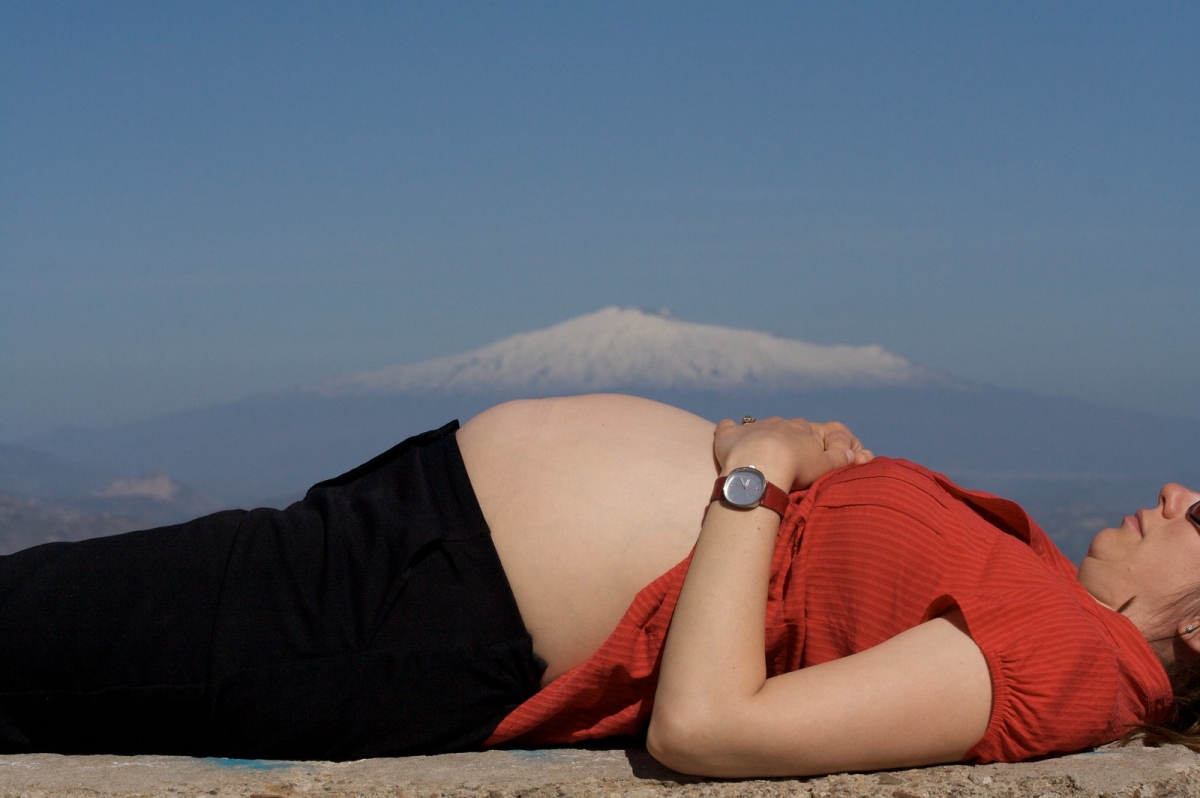
Cesarean sections for babies with fetal macrosomia certainly make sense, but they also carry risk. It is not, therefore, possible to make a blanket statement of what procedure is appropriate if doctors have estimated the baby to be very large. The pregnant woman, her partner and her healthcare team, should weight the risks and benefits of trying for a vaginal delivery vs the risks and benefits of opting for a planned c-section.
One thing to take into account is that ultrasounds during pregnancy, especially during the later stages of pregnancy, are not very reliable when it comes to determining the size of a fetus. Many women have had a planned cesarean section because they were told they were carrying HUGE fetuses, only to find that their newborns weighed around 6 lbs at the time of birth. Because a cesarean section is major abdominal surgery, with a long recovery period, and even the risk of death, this operation is not something to decide on using a method that is notoriously inaccurate.
However, if the mother has gestational diabetes, diabetes Type 1, or Diabetes Type 2, the argument in favor of a c-section is much stronger. Babies of diabetic mothers are often macrosomic, and in this case, the decision would not be made solely on the basis of an ultrasound. If this is your situation, talk to your doctor about the benefits and risks of both types of delivery and seek a second opinion if you feel your doctor is unwilling to consider both possibilities.


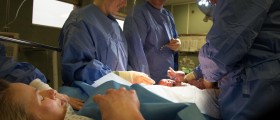
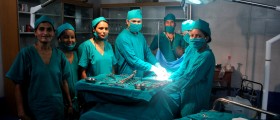


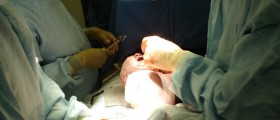




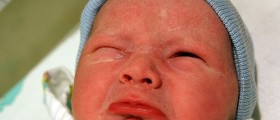


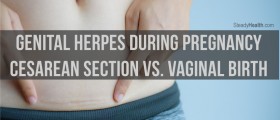

Your thoughts on this
Loading...